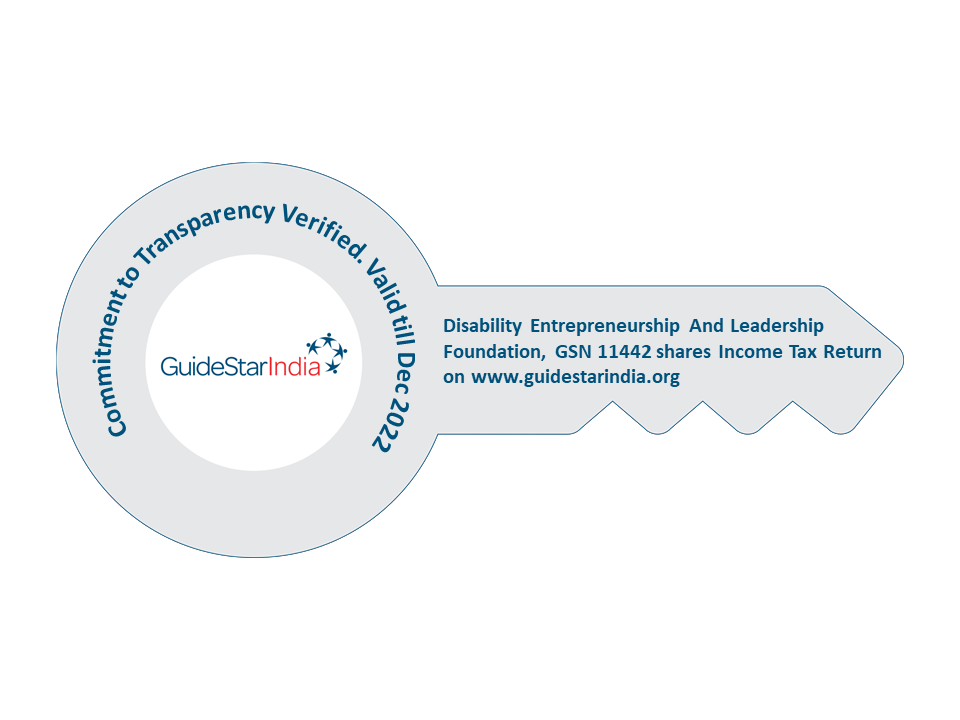We are only too familiar with the expressions “Money makes the world go round” and “Winner takes it all”.
For majority of people the human endeavour is about creating financial wealth, managing and protecting it.
People with the ability and skills to make their money work for them are considered to be more successful than those who work for money.
Regardless of which of these groups of people you identify with, understanding ones relationship with money and how money works is essential to make informed decisions. As this can have far reaching impact in people’s lives and on their livelihoods.
Whether it is simply about keeping track of expenditure, successfully completing financial transactions or managing money in the most effective manner one needs to acquire financial literacy skills in order to get ahead in life.
Financial literacy refers to people’s understanding of financial concepts, as well as their skills and ability to manage money and make informed financial decisions.
Both economics and consumer behaviour literature agree that financial literacy affects people’s financial behaviour and economic decision-making. Financial literacy influences financial behaviour because it constitutes an intrinsic factor that motivates an individual to seek out information and act on what they know (Hira 2010). However, the poor are more likely to be financially excluded and poor financial literacy is one of the demand-side barriers for financial inclusion. Braunstein and Welch (2002) argue that financial literacy has a positive impact on people’s awareness and understanding of available financial services, which is particularly important to encourage the unbanked to become financially included.
Research evidence shows that financial literacy can help individuals and households address issues of:
- Under-saving;
- Over reliance on informal borrowing;
- Financial exploitation;
- Over-indebtedness;
- Adequate coverage to protect life and livelihoods.
India is home to 17.5% of the world’s population and according to a survey conducted by Standard & Poor’s, over 76% of Indian adults lack basic financial literacy and understanding of the most basic financial concepts. (LiveMint).
As the country moves forward in its journey of 75 years of independence and development, the twin challenges of achieving inclusive and sustainable growth for all remains an important and urgent priority.
Achieving this priority will require government, private and civic society organisations to collaborate and innovate for impact.
In a unique collaboration of its kind Disability Entrepreneurship And Leadership (DEAL) Foundation, Karnataka Vikas Grameena (KVG) Bank and University of Agricultural Sciences Dharwad (UASD) have established a model financial inclusion pathway to meet the needs of persons with disability and their households across Gadag District in North Karnataka.
As part of this initiative persons with disability are supported to:
- Acquire financial literacy training and skill development support;
- Livelihood skill development and support;
- KYC verification and account opening support;
- Bank and market linkage support.
- Enterprise and entrepreneurship development support.
The programme goal is to support households of 3000 persons with disability across the district by 2025 and based on successful evaluation to extent the initiative to the neighbouring districts.
To find out more about our work please visit:
For specific queries, mail us on:


 Awarded by Guidestar India
Awarded by Guidestar India